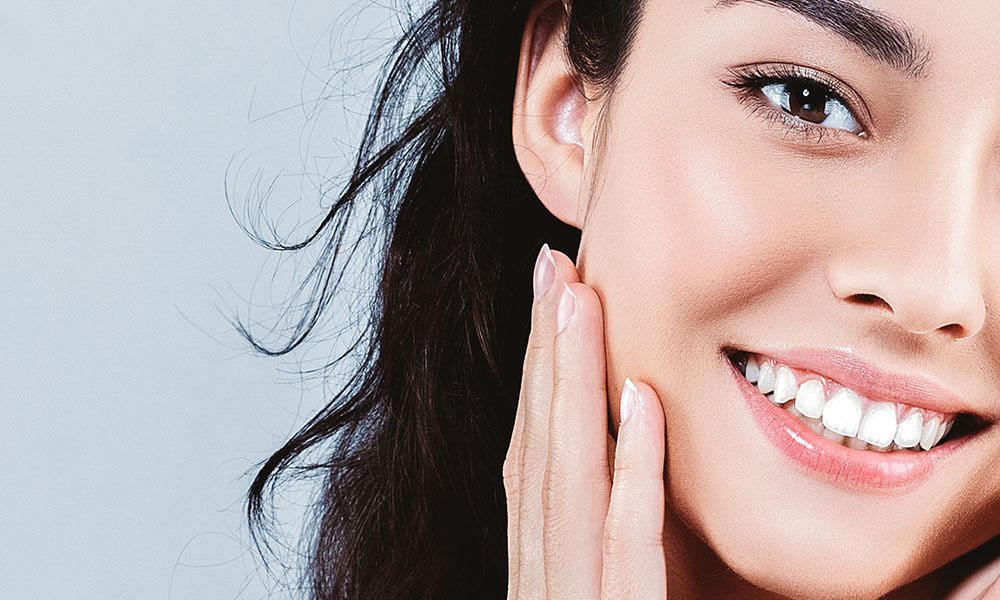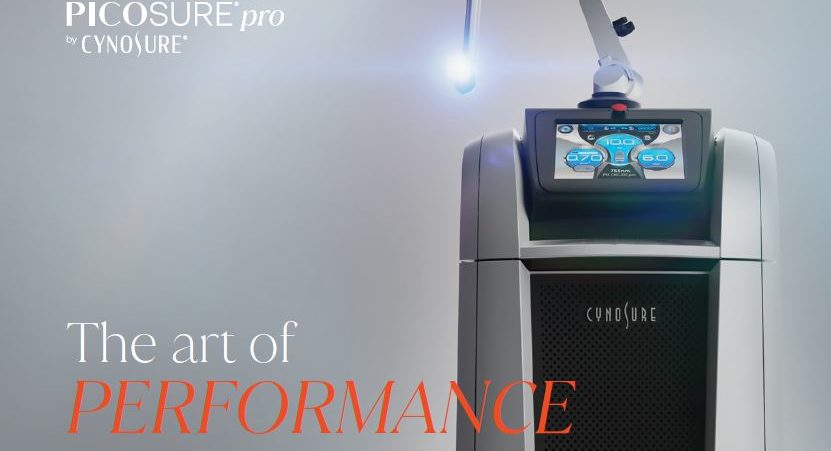
Following a rigorous skincare routine is incredibly important when maintaining your skin’s health and radiance post PicoSure treatments. However, there are a number of ingredients that can be found in your skincare products that should be avoided in order to maintain your skin’s natural glow.
Synthetic Fragrances
One of the most common ingredients that can be found in a variety of skincare and personal care items are artificial fragrances, often listed as ‘fragrance’ or ‘parfum’ on an ingredients list; they are often used to help enhance the scent and sensory experience of using the product on your skin. Whilst they may seem harmless, artificial fragrance in beauty products can contain a host of different chemicals, which do not need to be legally disclosed.
Further to this, synthetic fragrances used in skincare can cause a number of allergic reactions and skin sensitisation, leading to redness, breakouts and acne, irritation and inflammation, which can over time damage your skin’s protective barrier and impact its appearance and texture. In some cases, it can even lead to the development of skin conditions such as psoriasis and eczema. Opt where possible to use products that are fragrance-free or contain natural fragrances such as essential oils that are naturally derived.
Parabens
Parabens found in skincare are a type of preservative that are used to prolong the shelf life of beauty products and prevent the growth of bacteria and mould. The most common types of parabens to look out for include, propylparaben, methylparaben and butylparaben. While it is often observed that parabens can possibly mimic estrogen and disrupt the endocrine system, methylparaben has the ability to increase UV damage on the skin, decrease collagen production and accelerate the signs of ageing, such as fine lines, wrinkles, skin laxity and pigmentation.
Alcohol
In skincare products, alcohol that is harmful for the skin is most commonly listed as the following; SD alcohol, denatured alcohol, or isopropyl alcohol. Alcohol in skincare can be a concern if they are amongst the top 6 ingredients listed as they are often drying and give products a quick-drying finish, degrease the skin or help products to feel weightless on the skin. However, prolonged use of these types of products can cause skin dehydration and dryness, erosion of the skin’s surface and a weakened protective barrier, as well as aggravating the skin, causing redness and inflammation. However, some forms of fatty alcohols such as cetyl, stearyl and cetearyl alcohol that are used to thicken and stabilise products are non-irritating and have a number of benefits for the skin, such as softening and smoothing your complexion.
Silicones
Silicones are used in a range of cosmetics to provide them with a silky smooth and hydrating finish. The most common forms of silicone are cyclopentasiloxane, cyclohexasiloxane, dimethicone and phenyl trimethicone. Whilst silicones claim to help ‘lock in hydration’ they are actually forming a plastic wrap like barrier over the top of your skin, which can also trap in dirt, sweat, bacteria, sebum and dead skin cells. This can clog your pores, leading to increased breakouts or in some cases acne. It can also prevent further moisture being absorbed by your skin, which can lead to a dull and dehydrated complexion. Further to this, silicones can also impact cell renewal, slowing down the skin’s rejuvenation process, which can in time cause pigmentation, redness, fine lines and wrinkles.
For more skin tips and tricks to help you maintain your PicoSure results for longer, visit our Instagram and Facebook pages.



